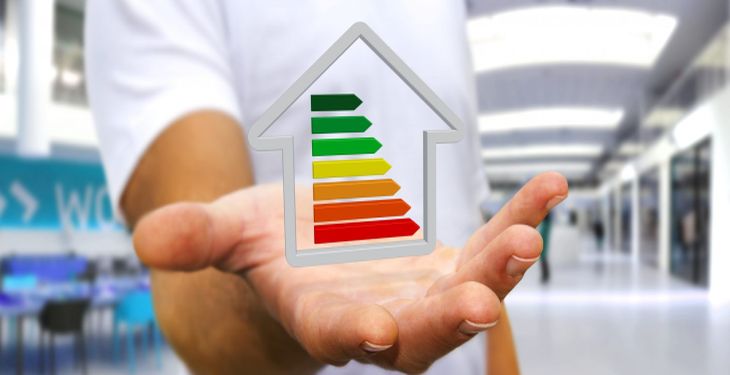New energy efficient eco-designs for 15 products including fridges, TVs and dishwashers have been delayed, EU diplomats say, even though experts consider them “crucial” to meeting Europe’s Paris climate pledge. The delays are also expected to mean consumers will miss out on lower energy bills.
The design revamps would have saved 62m tonnes of CO2 emissions – as much as Sweden’s annual primary energy consumption – but now look set to be dealt with by the next commission, in which far right parties may be more influential.
Only five energy labelling measures are on track to be approved by a 2 November deadline and at least half of the design overhauls are unlikely to be approved before the European parliament goes into recess in March, according to The Guardian.
“The measures are delayed and we are worried,” one EU diplomat told the Guardian, “We know that some of the products won’t make it but we really hope that we will have nine or 10 of them.”
Any hold-ups would impact on EU climate pledges, the official said, adding that a worst case scenario in which all 15 eco-designs were sent back to the drawing board “would not be acceptable” to his government. This would involve a costly bureaucratic double take, with recalculations and technical specifications needed from EU officials, consultants and research centres after 2019.
Chloé Fayole, a senior programme manager at the European Environmental Citizens Organisation for Standards (Ecos) said a two-year postponement in adopting the latest package would cost consumers and business €46bn (£41bn) in increased energy bills.
Eco-design and energy labelling improvements made up a quarter of the EU’s carbon dioxide emissions cuts in the years to 2020 – and one half of its energy savings.
The new measures were expected to save about 5% of Europe’s annual electricity consumption by 2030, and introduce innovative requirements for recycling and repairability.
